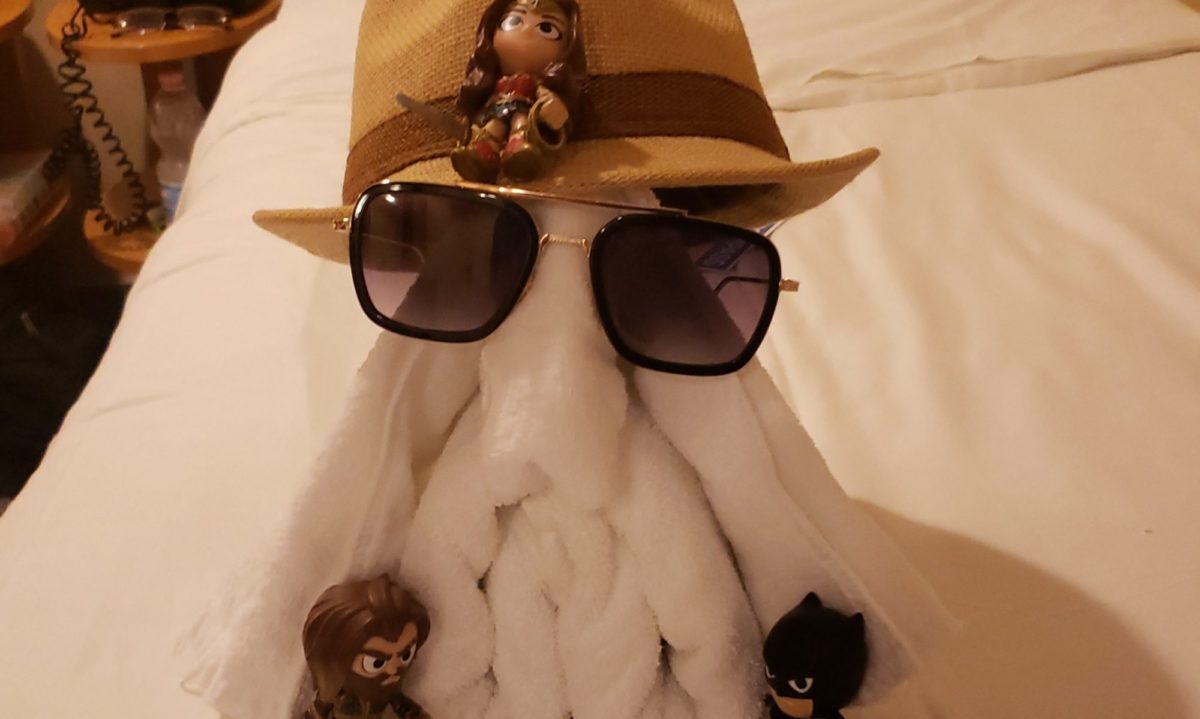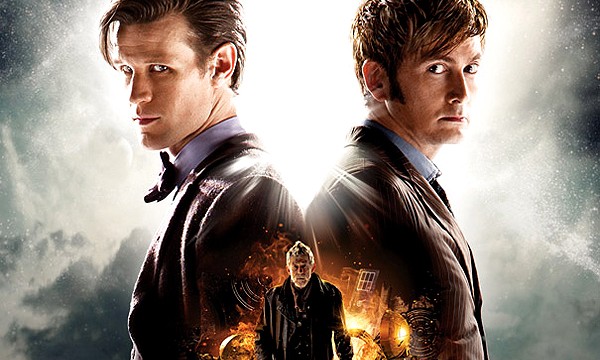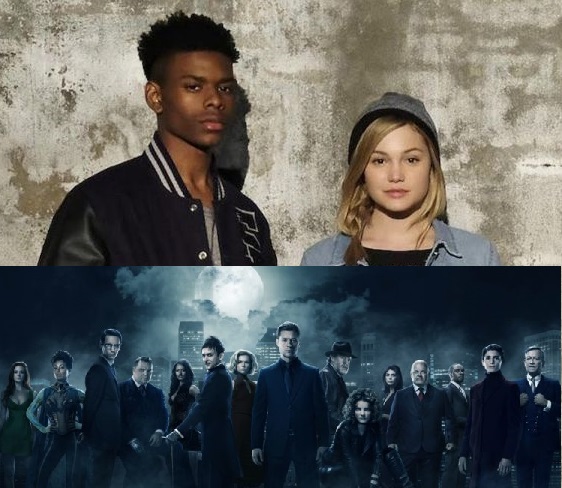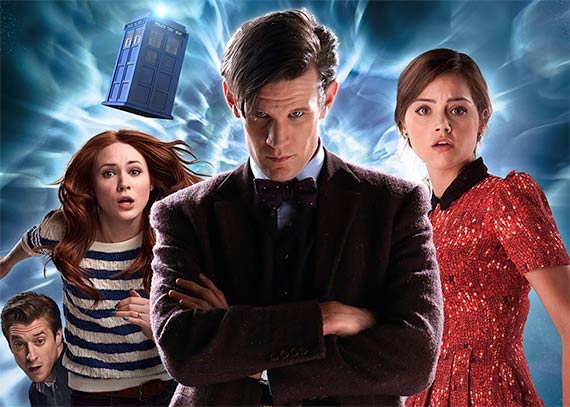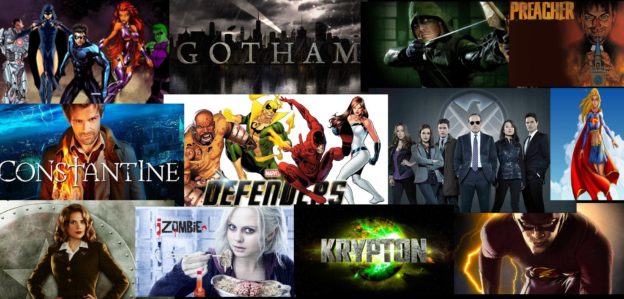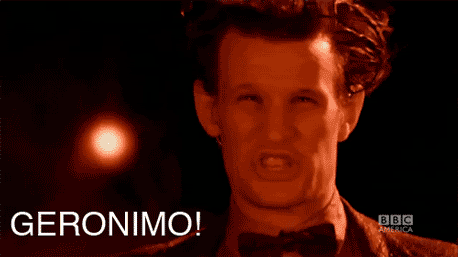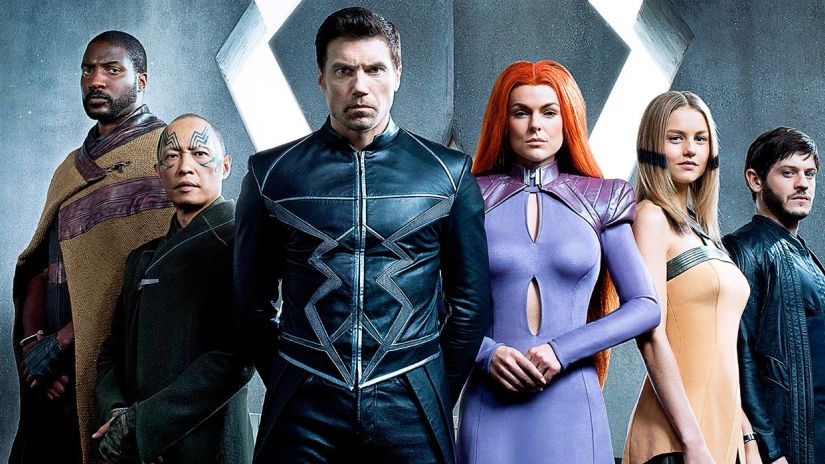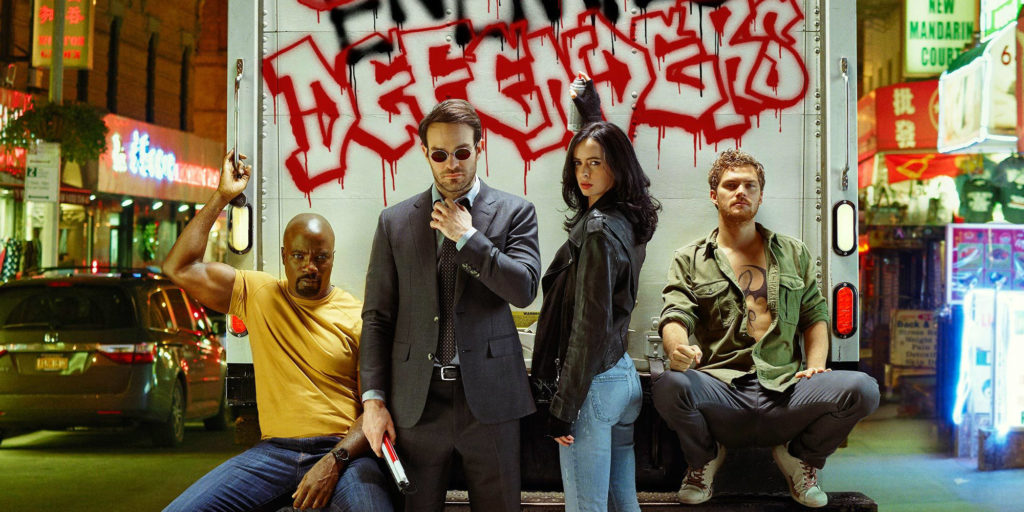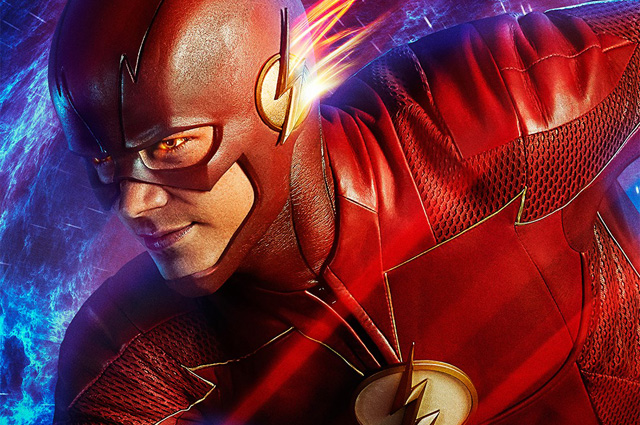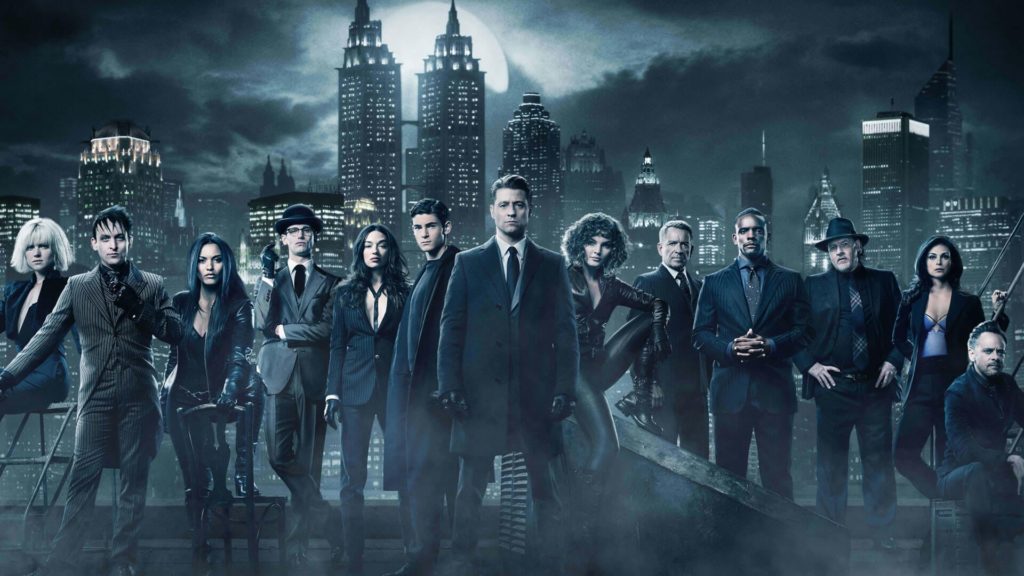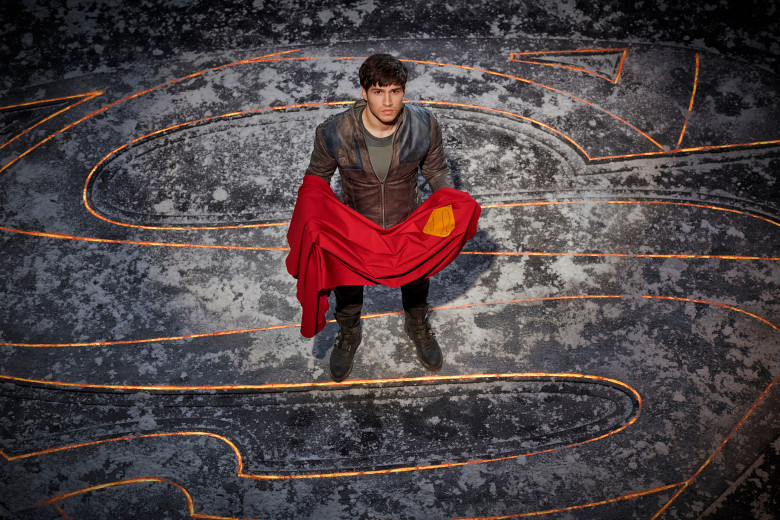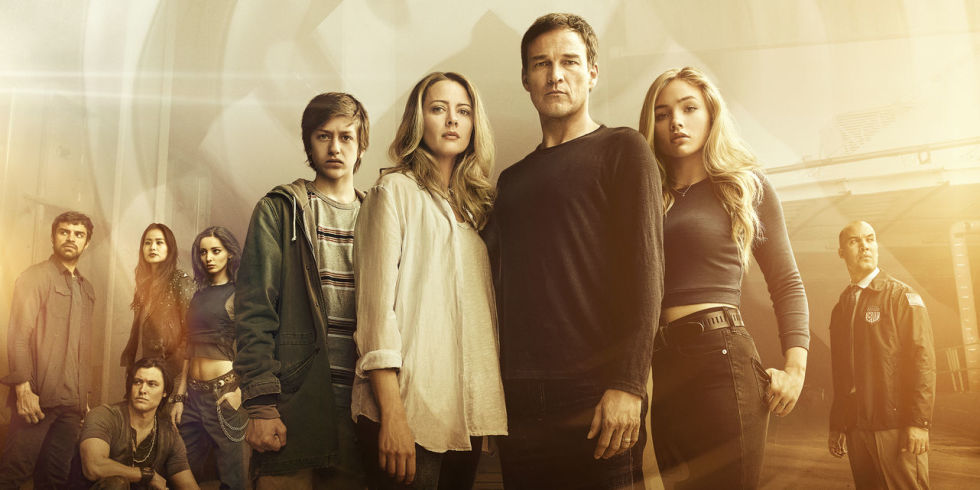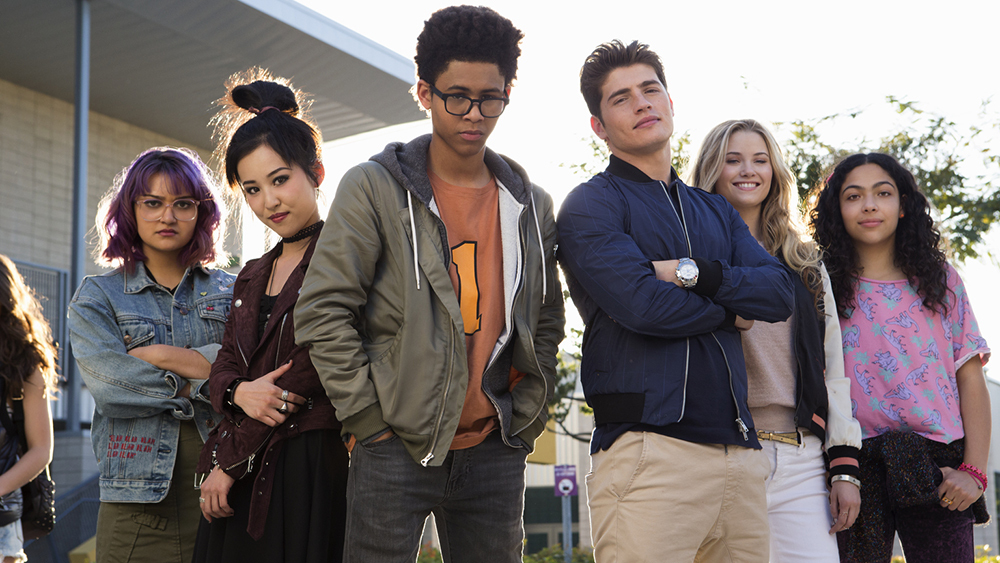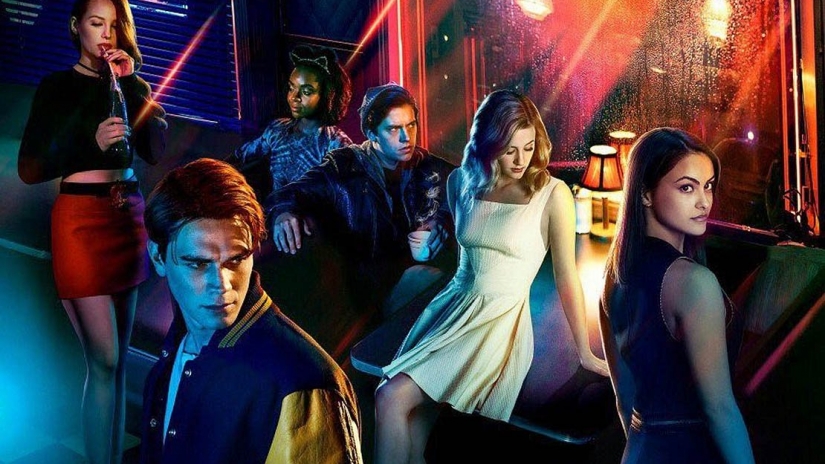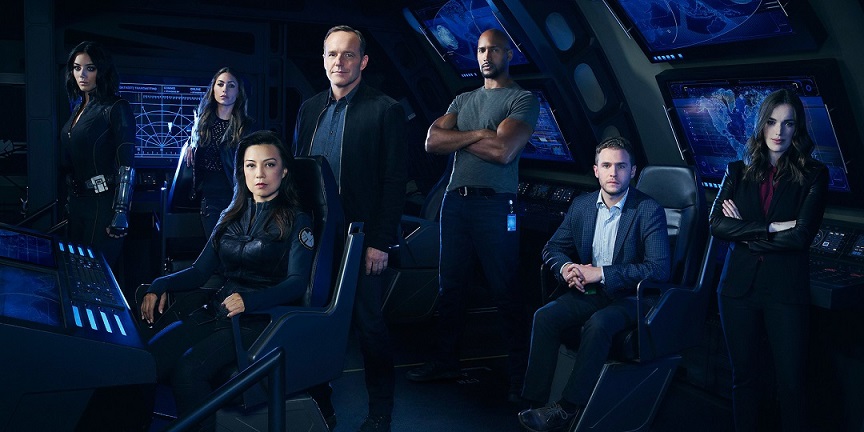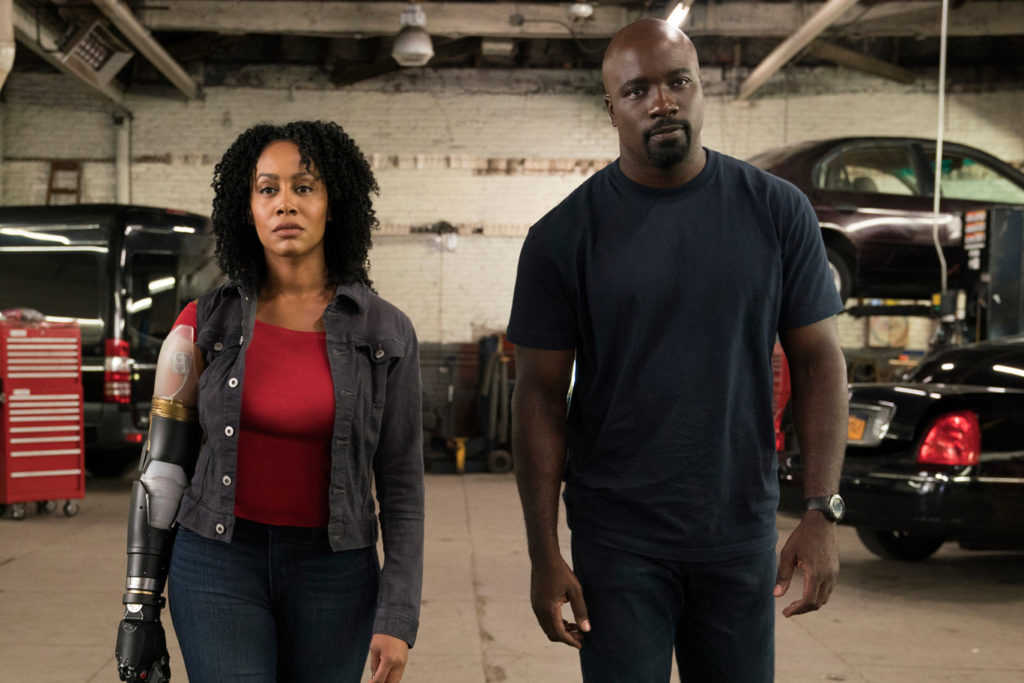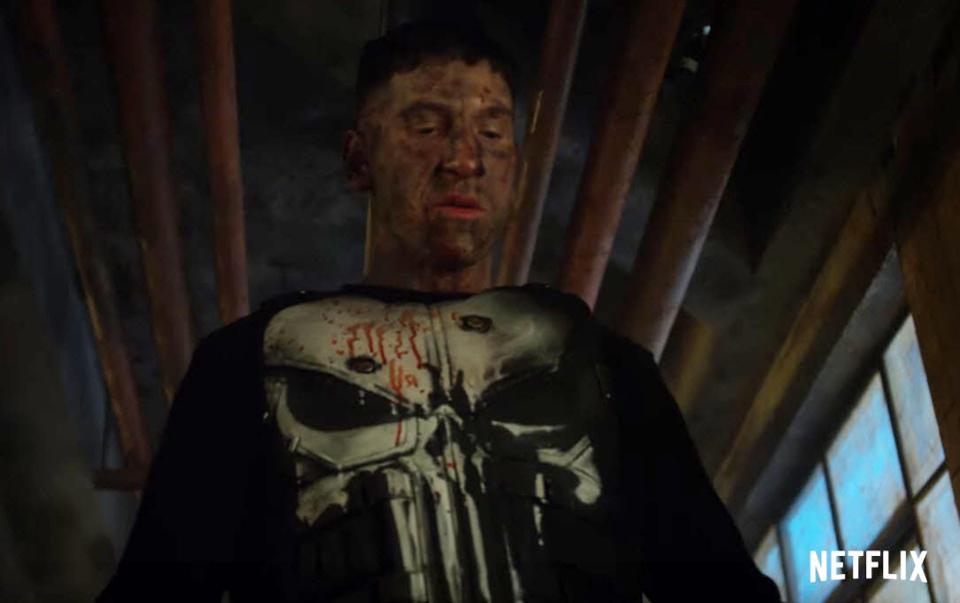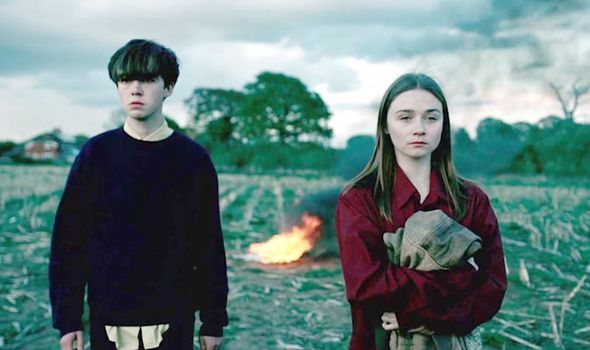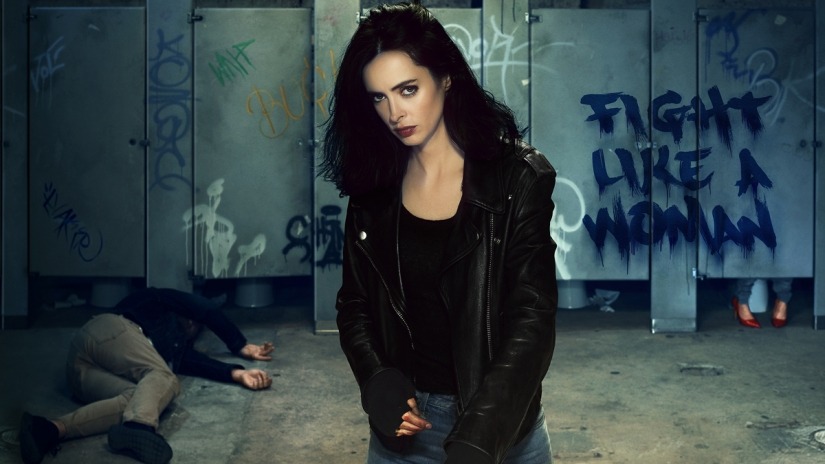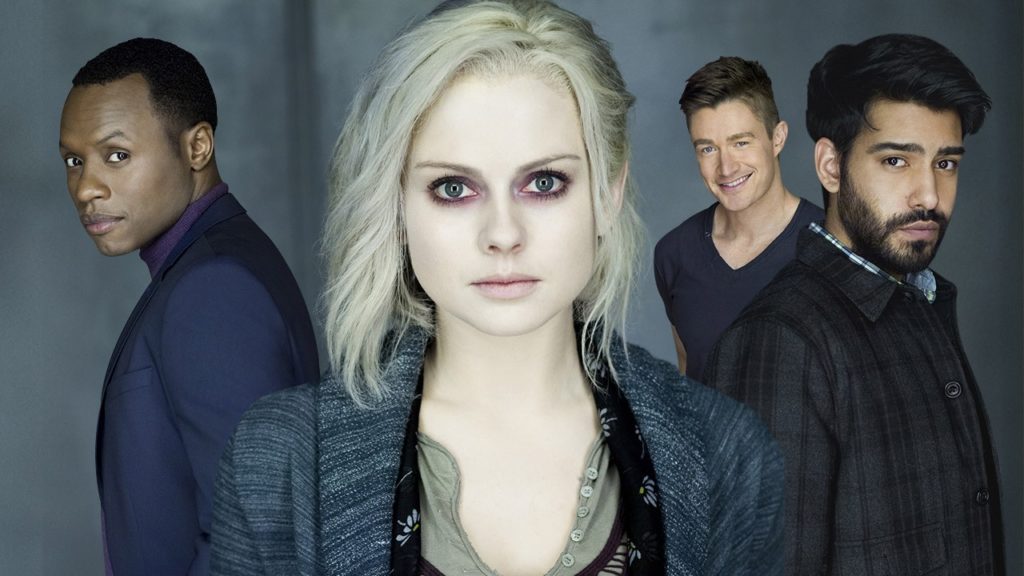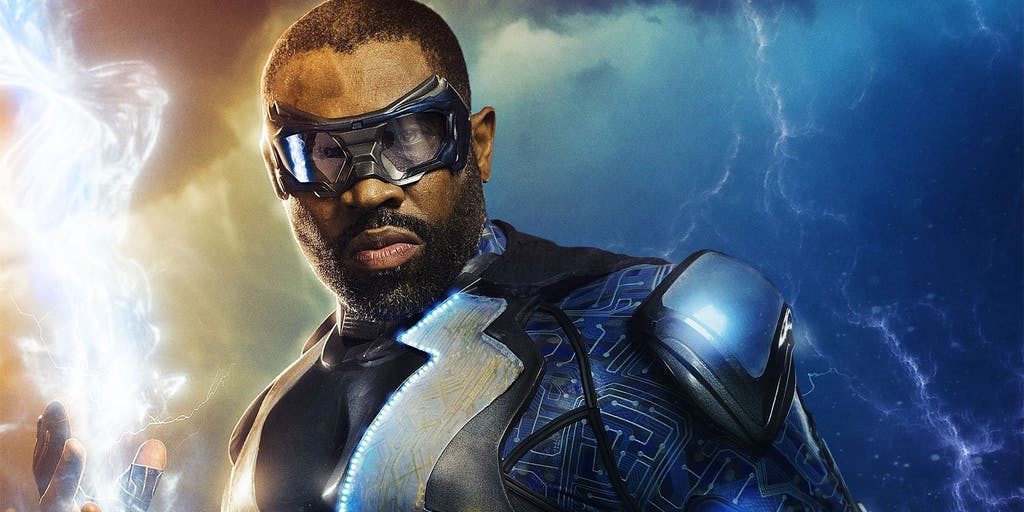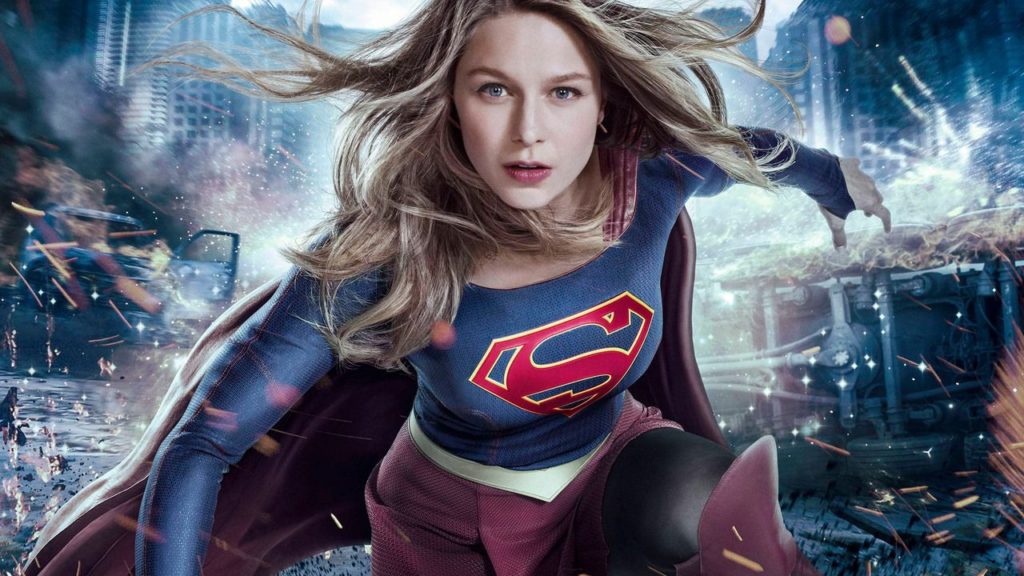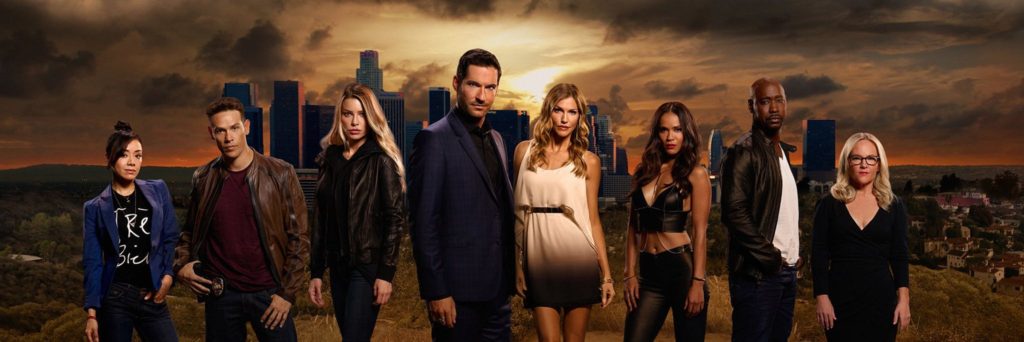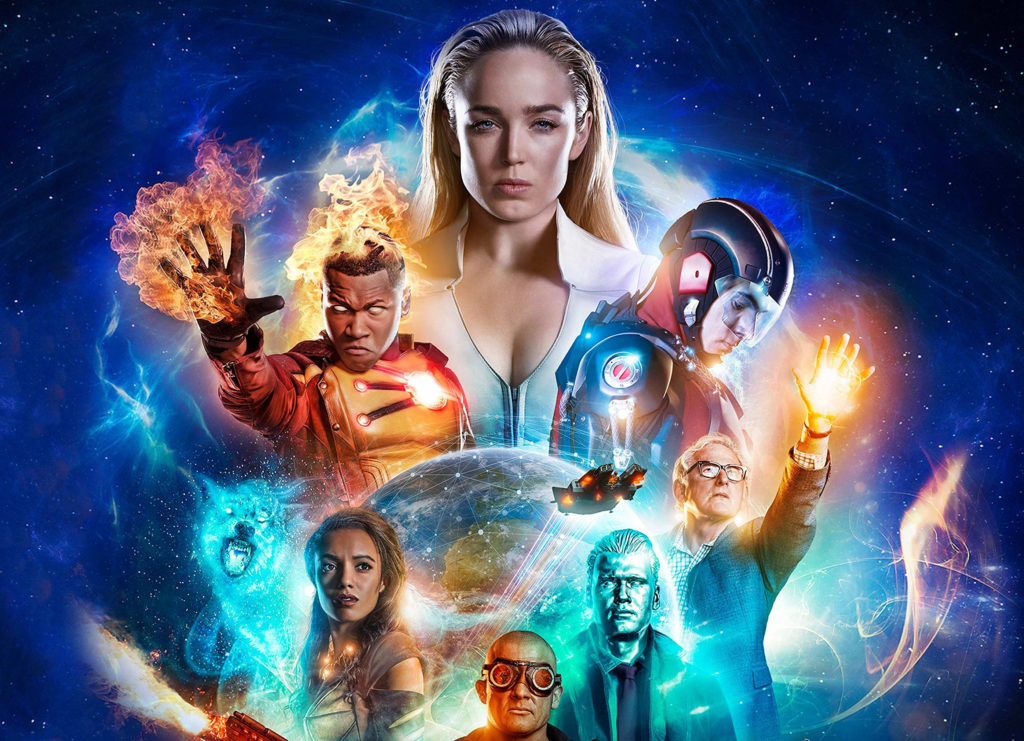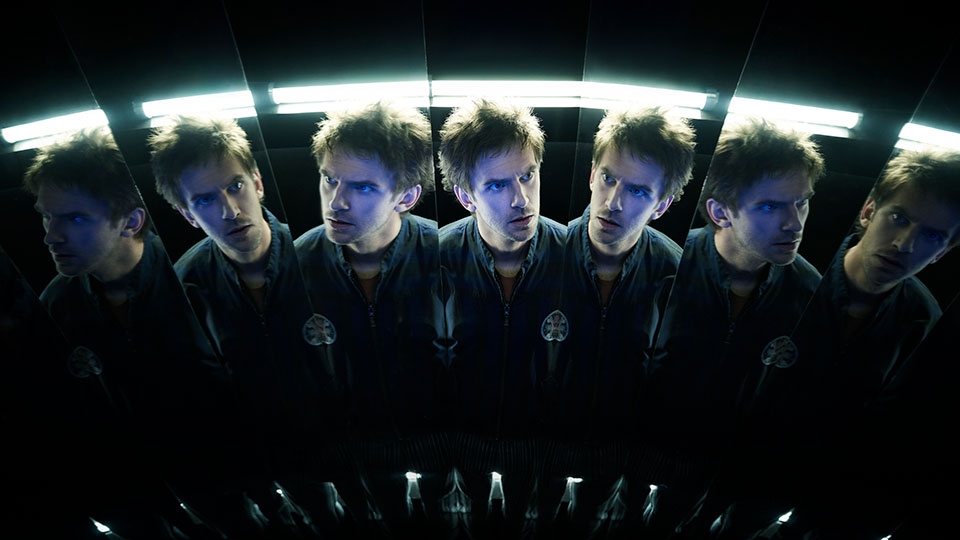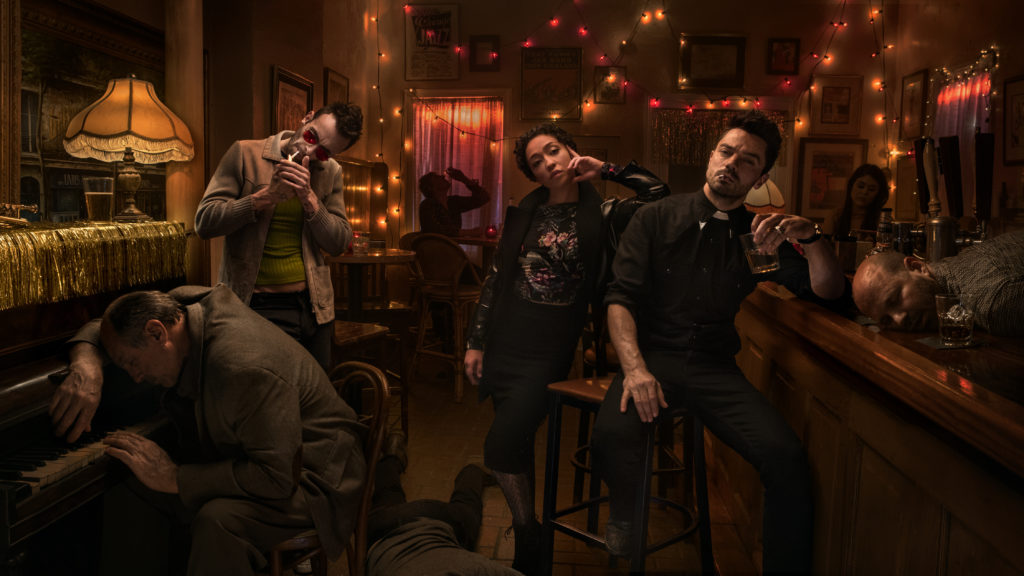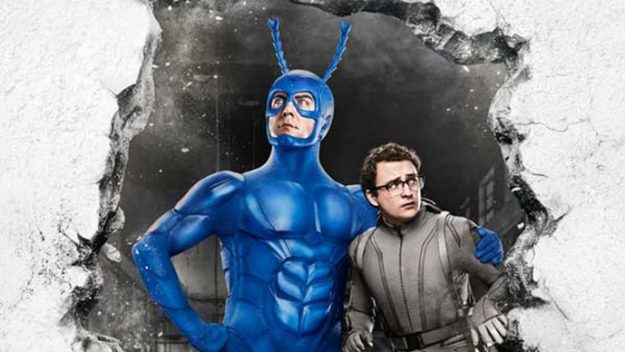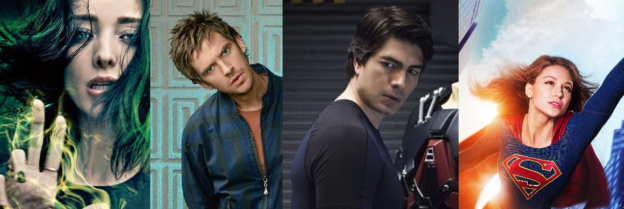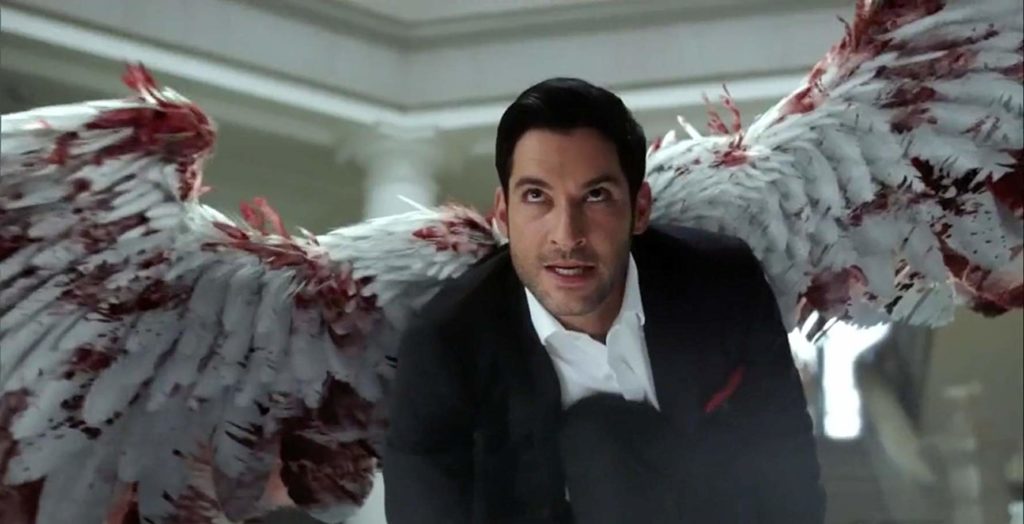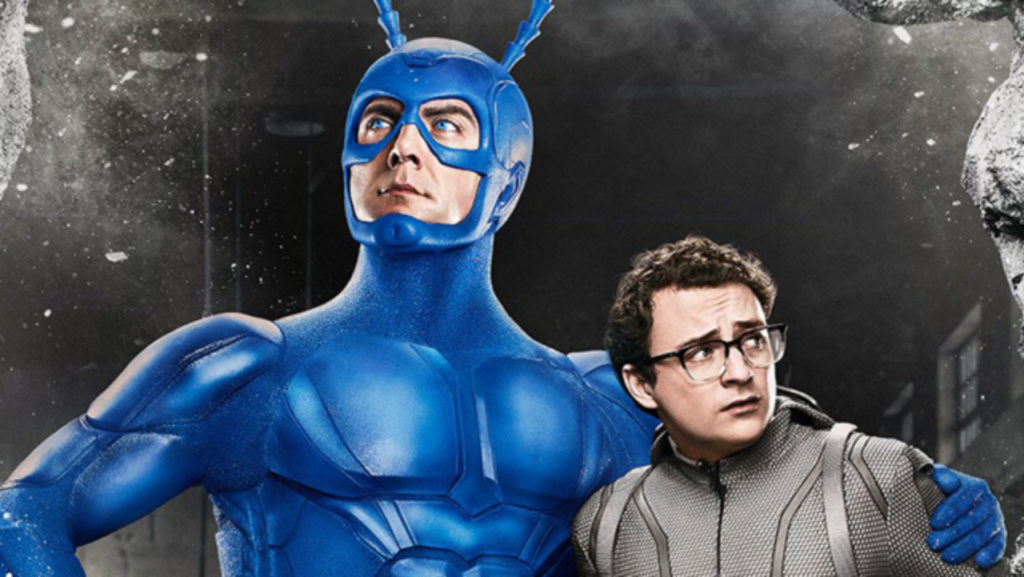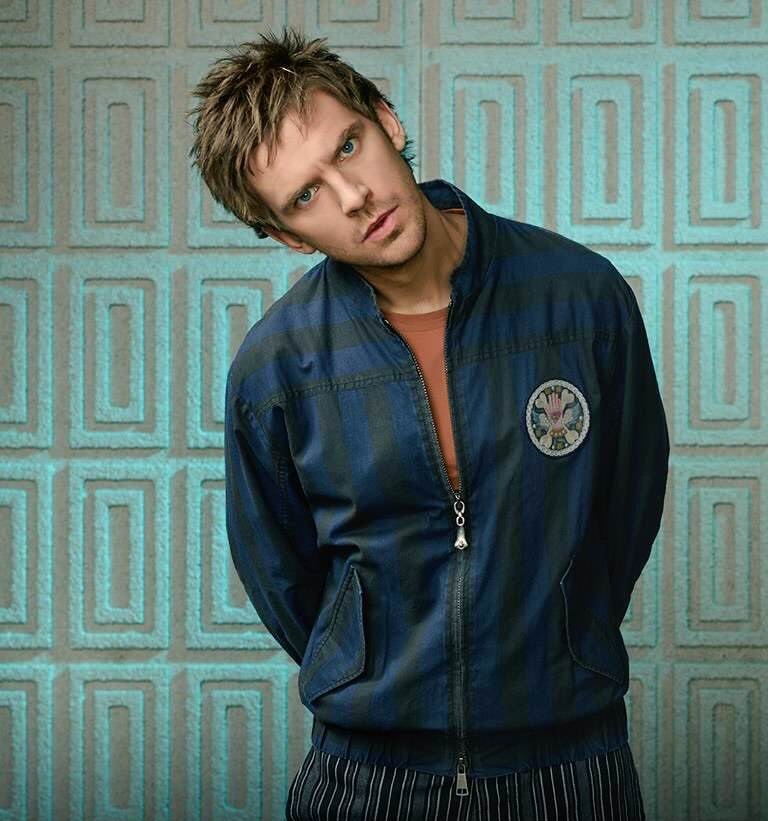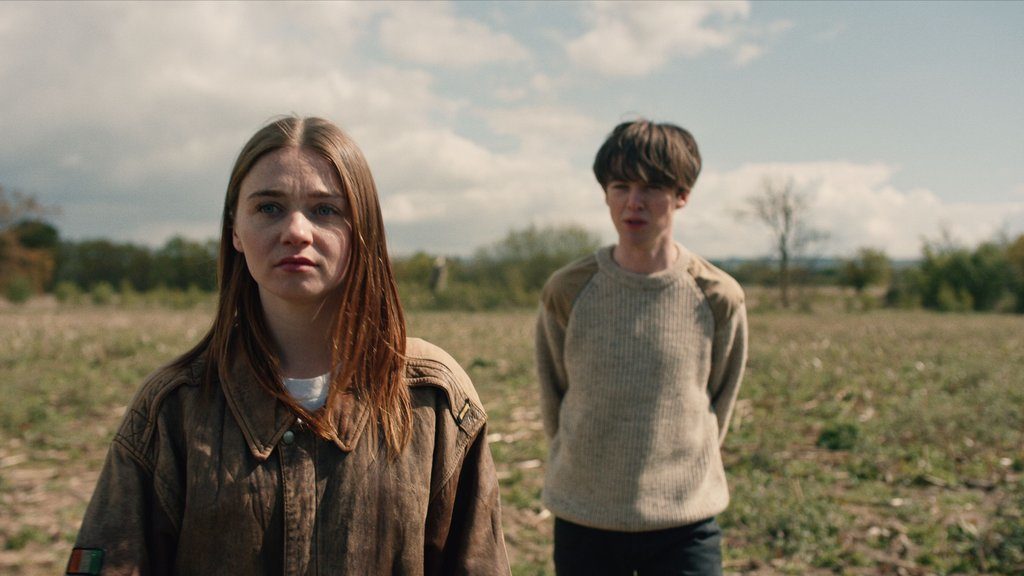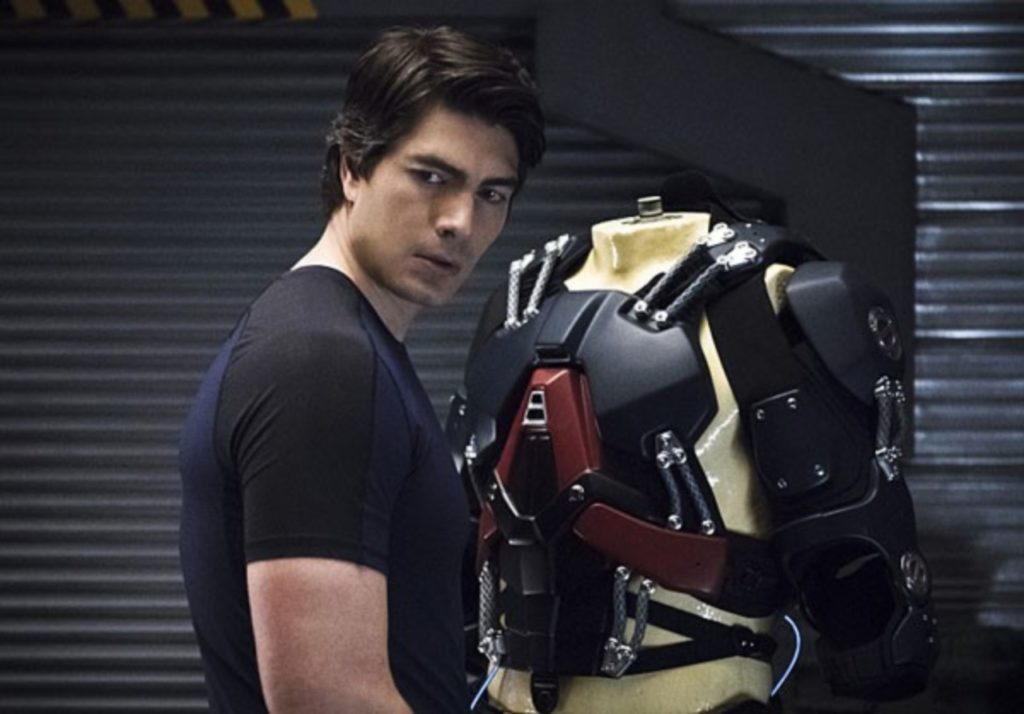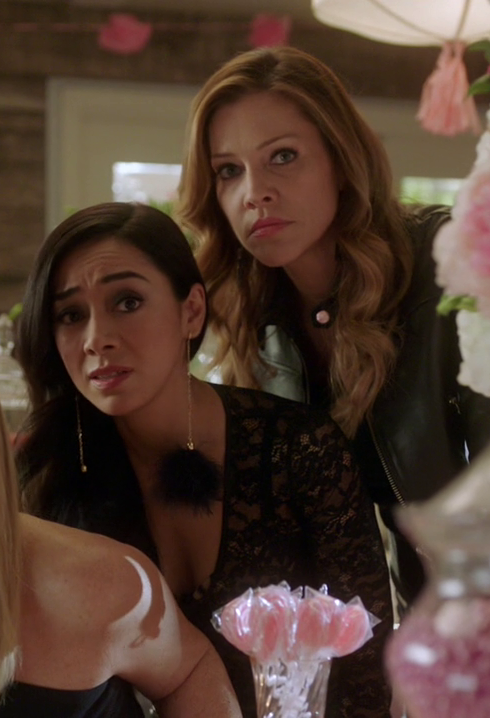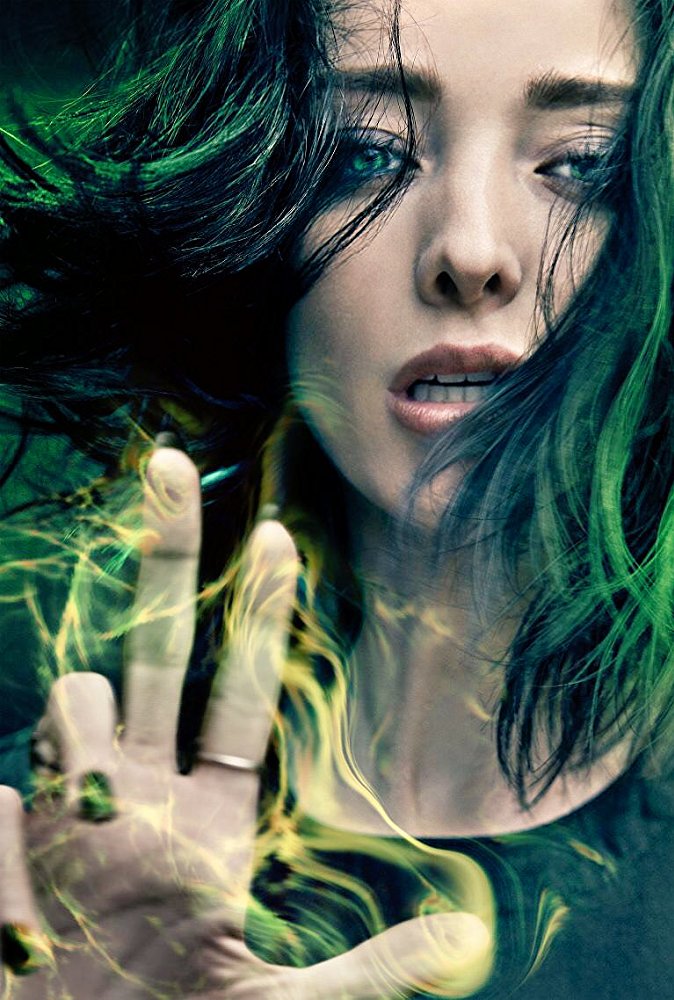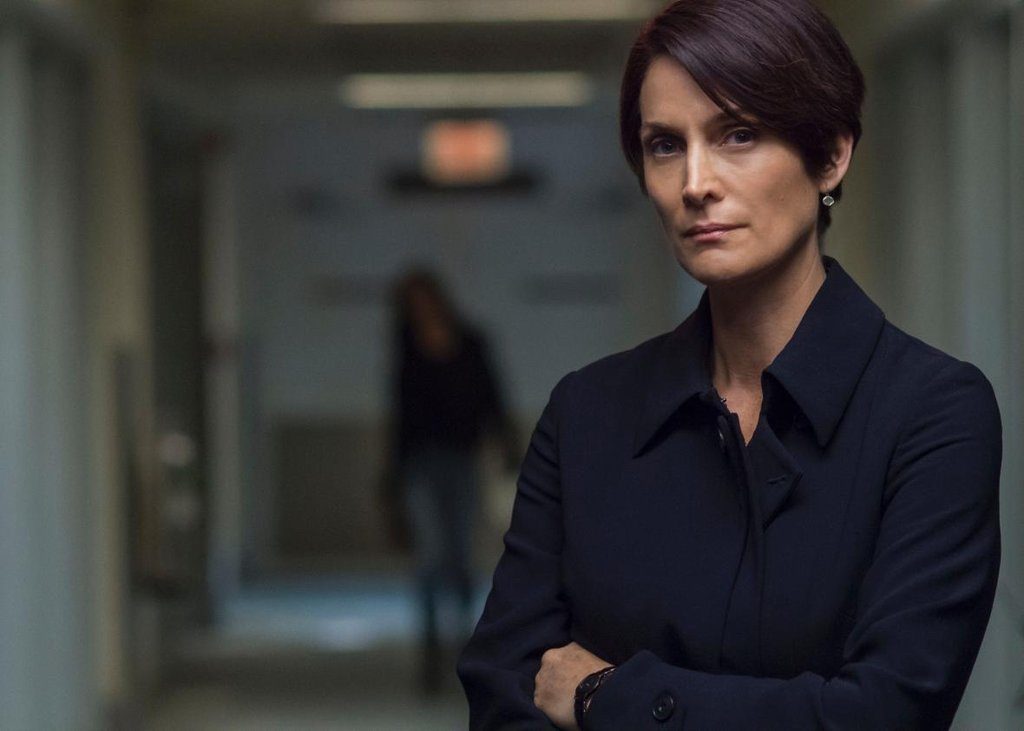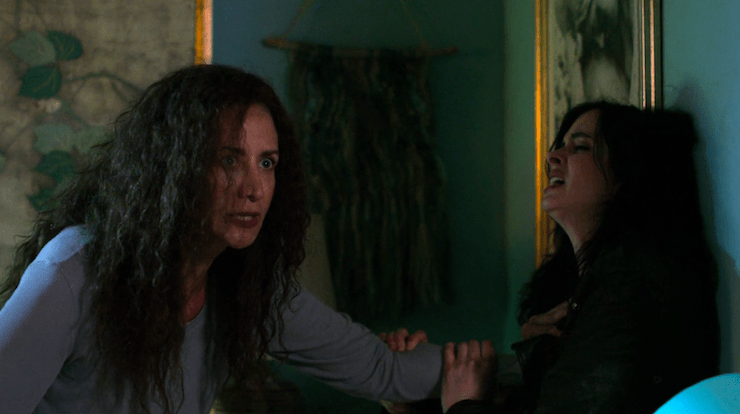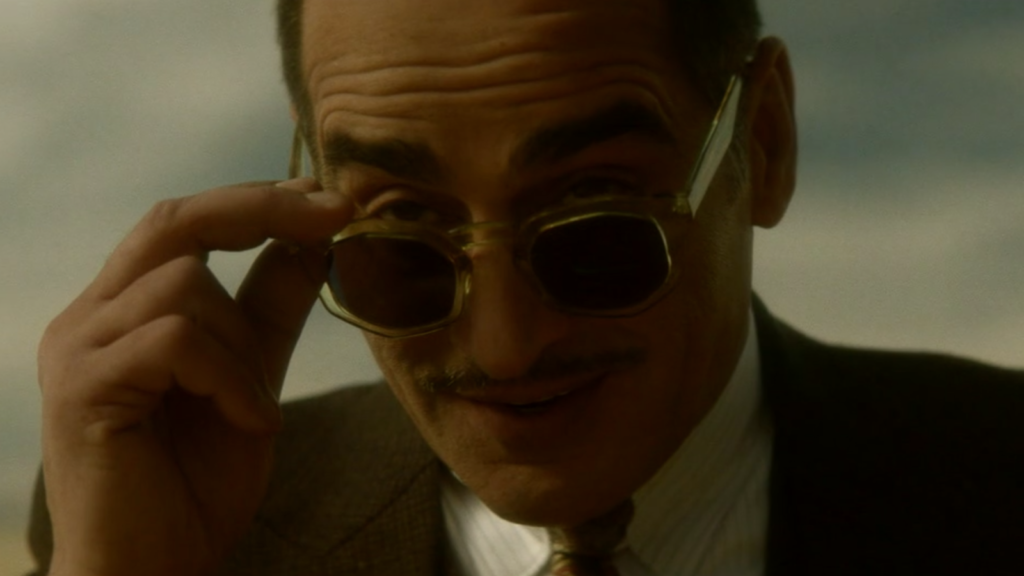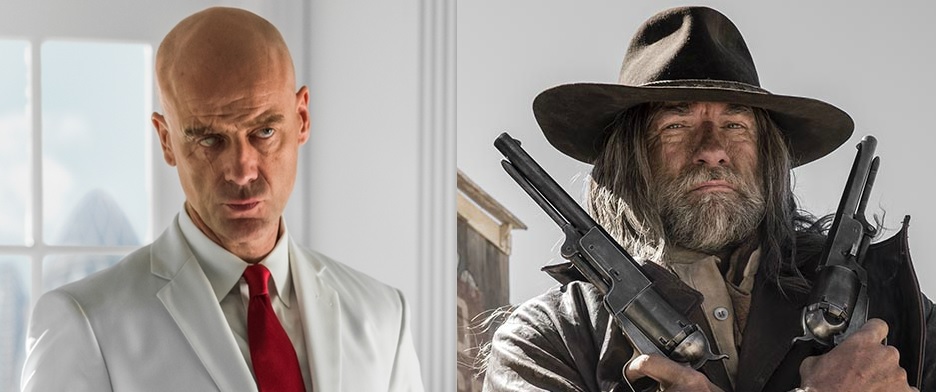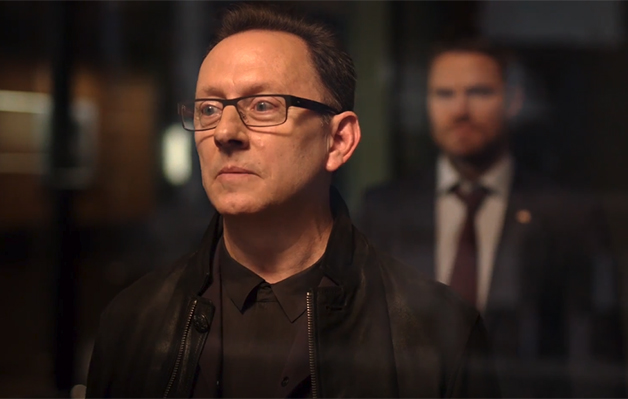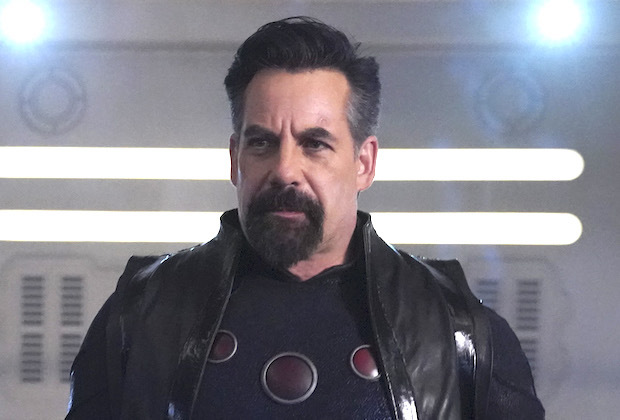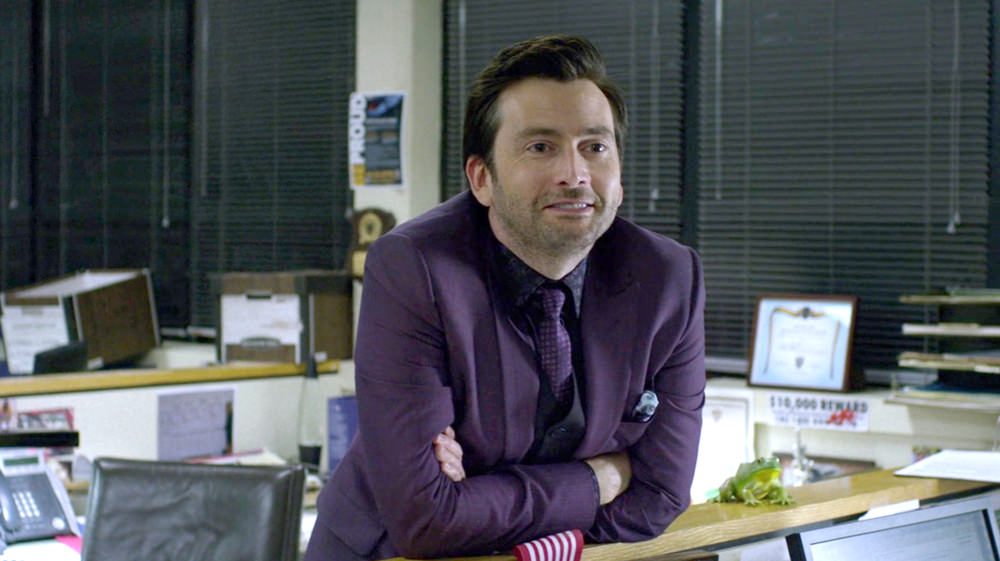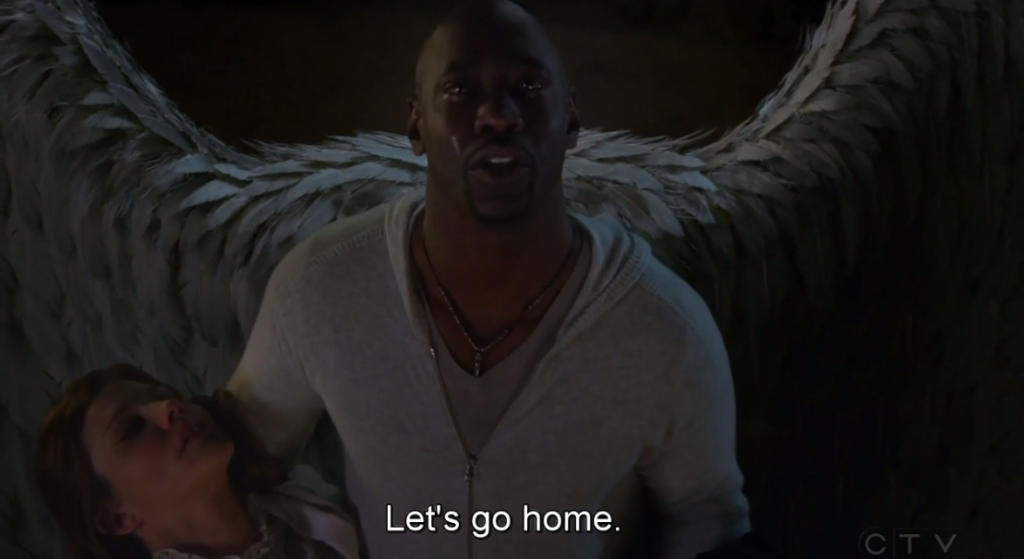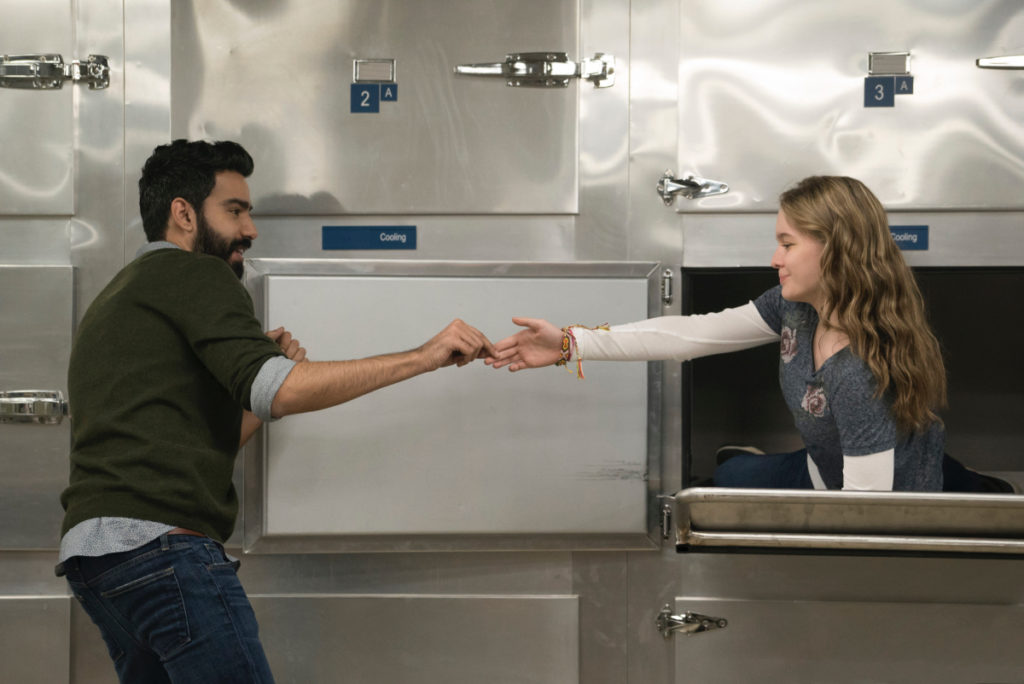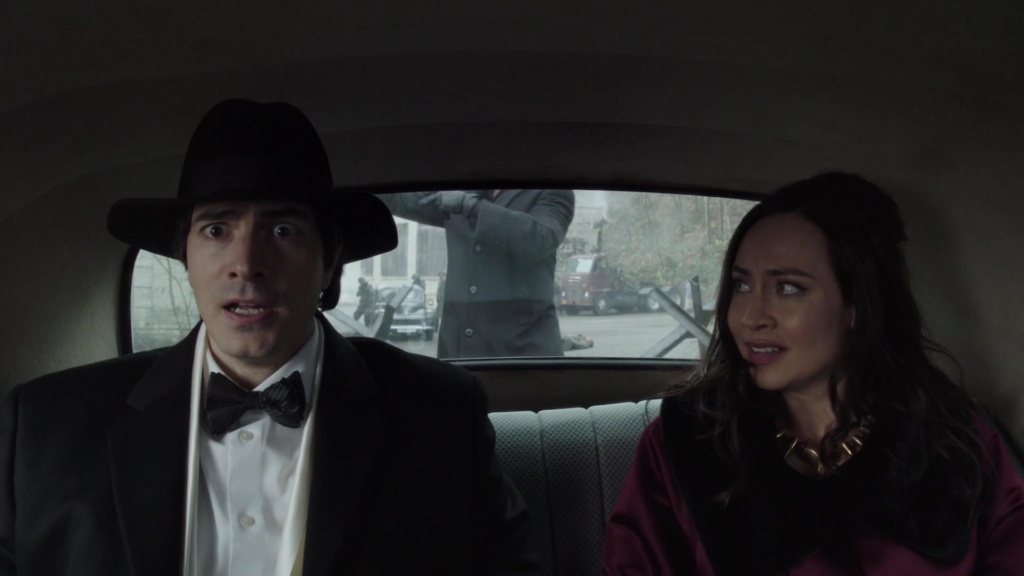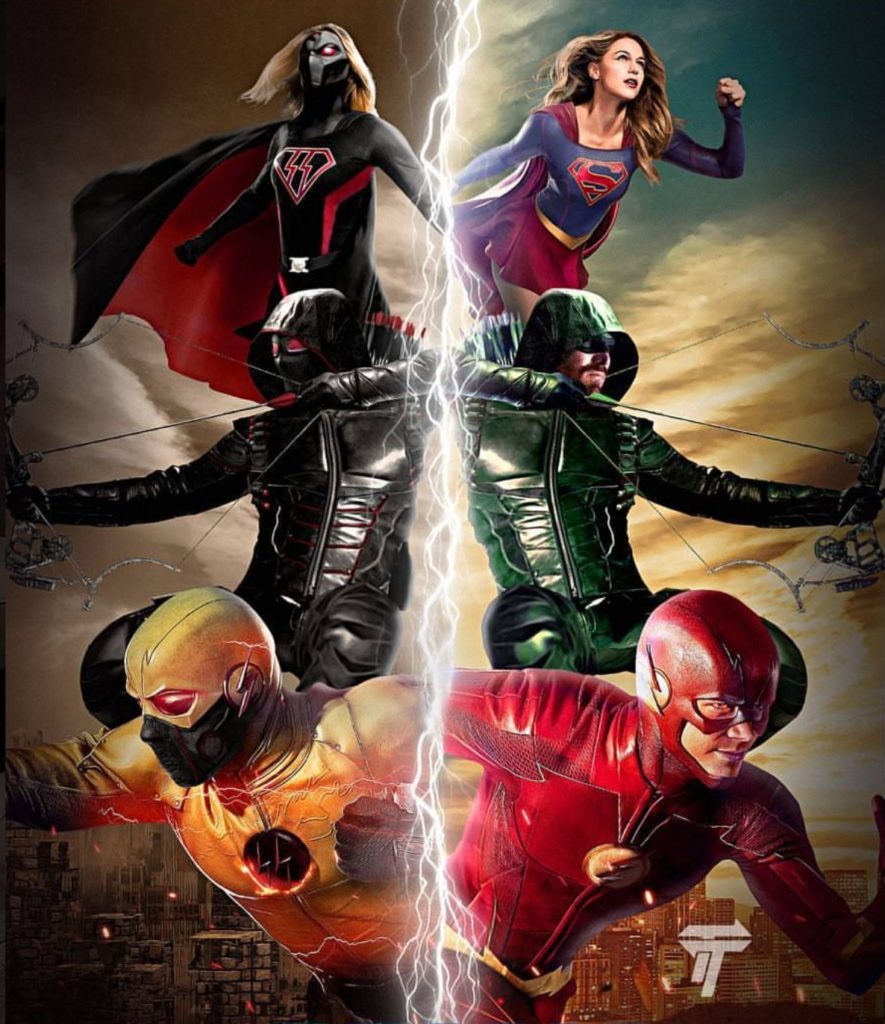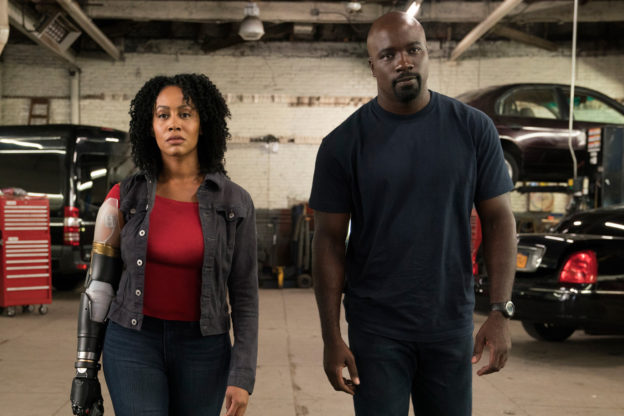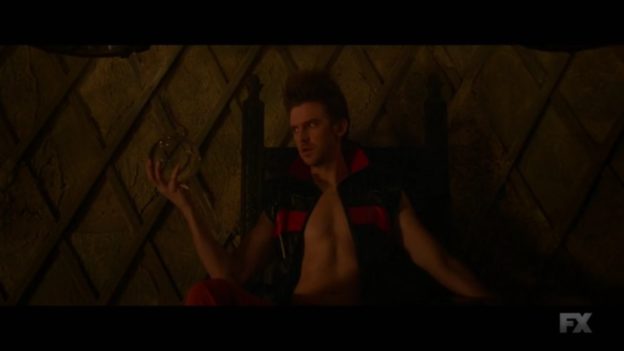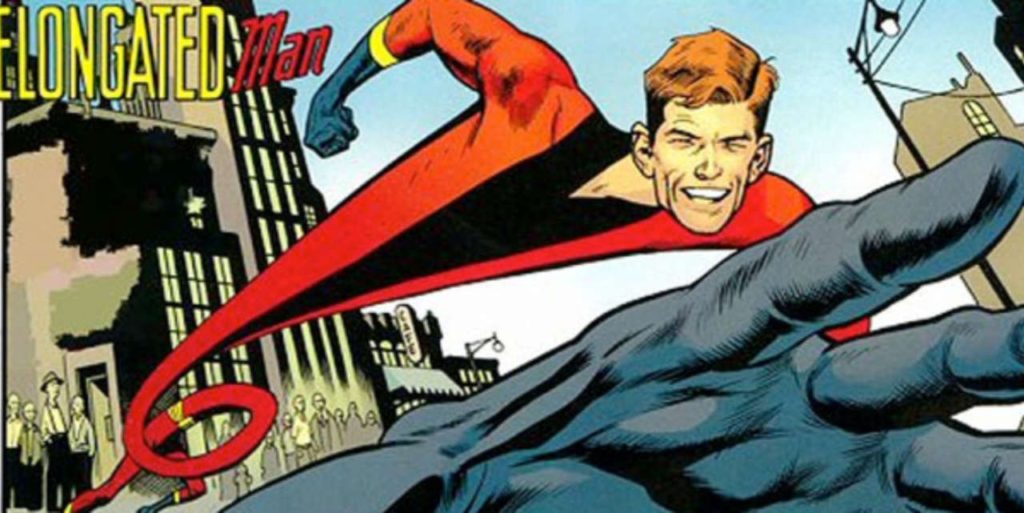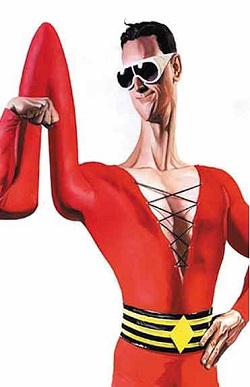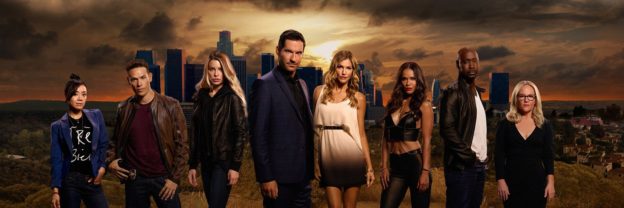I’m beginning to worry I won’t finish this blog series by the series 11 premiere. With three series left to cover and about 33 episodes left to rewatch before… let’s see… tomorrow, it might be on the tight side.
Well, on with it just the same.
There’s a new Doctor on the horizon. The first female Doctor. This has some people wondering if it’s time to try out this show I love so much.
Well, that’s what I’m here for. Because when you love a show as much as I love Doctor Who, you have opinions.
These are mine.
Fall of the 11th
For all that I enjoyed about series seven, and I did enjoy a lot, there’s a certain bittersweet quality to it. Every joy arrives under the shadow of coming sorrow. The madcap fun of Dinosaurs on a Spaceship and the hope-filled conclusion of The Power of Three will lead, unstoppably, to the heartbreak of The Angels Take Manhattan. Between The Snowmen, The Bells of St. John, and The Rings of Akhaten, Clara’s time as companion starts strong, Impossible Girl issues notwithstanding, but there’s no avoiding the truth that she’s Matt Smith’s final companion.
The Matt Smith years have been and, barring a spectacular debut from Jodie Whittaker (not impossible), continue to be my favourite period of Doctor Who in its storied history… and this is where it ends.
And nothing sums up the mixture of joy and impending sadness like these last two episodes. Day of The Doctor, the 50th anniversary special which is my single favourite episode ever released, and Time of The Doctor, Matt Smith’s epic swan song.
On some level, I’d love to speculate that Karen Gillan leaving played a role. That she and Matt became so close that doing the show just wasn’t any fun without her… but frankly, he’d done three series. That’s how many Tennant did, that’s how many Capaldi did, ever since Peter Davison, “three years and get out” seems to be the norm. So the best guess is that it was just time.
So… how to describe these two without just falling into dull point-by-point synopsis?
Day of The Doctor
There is so much I love in this episode. Stephen Moffat has a gift for witty, rapid-fire dialogue and he puts every inch of it to work in this special. But I can’t just sit here writing down the best exchanges, I’d be at it all day.
Like the previous big anniversary episodes, it’s a multi-Doctor team-up. And also like the previous big anniversary episodes, there is once again a holdout. The Three Doctors (tenth anniversary) only had brief appearances by First Doctor William Hartnell, as he was too ill to be on set. Fourth Doctor Tom Baker gave the The Five Doctors (20th anniversary) a miss, making the title a lie, and the First Doctor had to be recast with Richard Hurndall (not the last actor to take over that role) as William Hartnell had come down with an unfortunate case of having been dead for eight years. And this time out, Ninth Doctor Christopher Eccleston opted not to return to the role, meaning our Doctor team-up was limited to Matt Smith and David Tennant (who came back to play, I tell you what), plus a new Doctor revealed in the closing minutes of the series seven finale… sci-fi legend John Hurt as the newly revealed regeneration known to fans as the War Doctor, the regeneration who abandoned the name Doctor (or tried to) to fight in the Time War.
(A tie-in short called Night of The Doctor brings back Paul McGann for his second ever televised appearance as Eight, and he quickly shows us that we should really be checking out his Big Finish audio dramas.)
The Doctor and Clara are summoned by UNIT… nope. That’s gonna take too long. Short version… expanding on a line from End of Time Part 2, on the final day of the Time War, the War Doctor has stolen the Moment, the only forbidden weapon that the Time Lords hadn’t yet deployed against the Daleks… because it’s sentient, has a conscience, and doesn’t want to burn whole galaxies. To convince the War Doctor to change his mind, the Moment projects an image of Rose Tyler (“She’s from your past! Or possibly your future, I always get those mixed up…”), and opens a door into his future… uniting War, Ten, and Eleven (and Clara) in an effort to stop a long-game invasion of Earth by the shape-shifting aliens the Zygons.
And if they’re not careful, they just might learn something.
Every scene with Smith and Tennant bouncing off each other is amazing. Their banter in incredible, the way they sync up mannerisms never fails to amuse (throwing on their “smarty specs” in unison, pulling up a chair and kicking their feet up in perfect sync), they’re a delightful double act and the only downside to their partnership is that we won’t get more of it. By the 75th anniversary they’ll be too old to come back. We’ll have to settle for a team-up of Doctors 18 through 20 or something.
As I’ve explained to anyone who asked, or didn’t walk away from me fast enough, the War Doctor suits this story in a way Nine never could, much as I’d have liked to see him back. For one thing, Nine fighting in the Time War doesn’t make much sense, given that Rose highly implied he’d just regenerated. What’s better, War Doc speaks for the Old School Doctors, the pre-reboot crowd. He was able to respond to the new-Who quirks of Ten and Eleven the way Pertwee or Baker or McCoy would have. Examples…
When they brandish their sonic screwdrivers at him…
“Why are you pointing your screwdrivers like that? They’re scientific instruments, not water pistols!”
When Queen Elizabeth I plants a passionate kiss on Ten…
War: “Is there a lot of this in the future?”
11: “…It does start to happen, yeah.”
Or maybe the best, as Eleven brings back a turn of phrase from Blink,,,
11: “It’s a… timey-wimey thing.”
War: “Timey what? Timey-wimey?”
10: “I… I have no idea where he picks this stuff up.”
This all leads to Moffat doing something daring, something New-Who fans kind of objected to… The Moment fails to convince War to spare Gallifrey. The Time War still needs to end, and he gains too much respect for his future selves, and what they’re willing to do to never be in that position again. And after too many years (maybe centuries, who knows) of fighting the war, he no longer sees himself on their level. “Great men are forged in fire… it is the privilege of lesser men to light the flame.” So the Moment pulls one last trick and allows Ten and Eleven to bring their Tardises to the shack in a Gallifreyan desert War had dragged the Moment to. They offer their former self the same gift that Donna Noble offered Ten underneath Vesuvius… to press the button with him, so at least he’s not carrying this burden alone.
Clara Oswald, however, is not having it.
She knew that The Doctor did this, but she can’t simply watch as her Doctor becomes part of it. Clara gives Eleven the push the Moment was trying to give War… “Do what you always do. Be a Doctor.”
It works. The Doctor decides to save Gallifrey instead of burning it… but it’s going to take all of him to do it.
It’s an epic climax that undoes something Russell T. Davies made a key part of the character in 2005… he is no longer the last of the Time Lords. Some new-school (I assume) fans complained about this, but I saw it as restoring a major part of the classic continuity, “Last of the Time Lords,” after all, had only been around for 16% of Doctor Who history, whereas the existence of Gallifrey had been part of the lore since 1969, when the name “Time Lords” was first uttered. To kick off the second fifty years, Moffat gave The Doctor a quest… find Gallifrey. Restore his people.
A quest this Doctor would not be able to see through. He has a date on Trenzelore.
(Also past Doctors can’t remember adventures with their future selves, so The Doctor still thinks he destroyed Gallifrey for, oh, four hundred years and change. Nothing’s broken.)
But in the meantime, wow… wow this is a fun episode. And Clara’s plea to Eleven gets me every time.
Stray thoughts:
- The episode opens with the original 1963 title sequence, which fades into a recreation of the very first shot of the very first episode.
- Clara has left the nanny life behind (not a moment too soon, Angie was the worst and Artie started too many sentences with “Actually…”) for a job as an English teacher at Coalhill school… the very school where, 50 years earlier, two teachers named Ian Chesterton and Barbara Wright decided to follow their unusually bright student Susan home, only to end up bouncing around time and space with her grandfather The Doctor.
- The head of the board of governors at Coalhill is “I. Chesterton.” Maybe The Doctor called in a favour with an old friend to get Clara the job?
- A subtle reference to The Three Doctors… when Doctors One through Nine (and even Twelve, in an extreme close-up cameo) show up to help save Gallifrey, the Gallifreyan general comments “I didn’t know when I was well-off.” Which is what the Brigadier said when faced with multiple Doctors at once back when.
- When trying to scare off English soldiers, The Doctor refers to Clara as “the Witch of the Well,” a reference to Hide from series seven.
- Upon realizing that multiple Doctors have just met up, Kate Lethbridge-Stewart states “There’s a precedent for that,” and requests one of her fathers old files. “70s or 80s, depending on the dating protocol.” This is a reference to the fact that the second appearance of the Brigadier and the first appearance of UNIT, The Invasion, supposedly mentioned being set in 1979, leaving some to question which actual decade the Third Doctor subsequently went to work for UNIT…. the 70s or the 80s.
- They also paved over incongruities between the old and new school as to The Doctor’s age with a single line from Eleven on the subject… “1200 and something unless I’m lying. I’ve forgotten if I’m lying about my age, that’s how old I am.”
- The episode ends with an all-too-brief scene between Matt Smith and Tom Baker, oldest living and most iconic of the classic Doctors. That was fun to see.
- This is the episode where Jenna-Louise Coleman dropped the “Louise.”
Time of the Doctor
It was never going to be as sad as the last ten minutes of End of Time Part 2. Russell T. Davies wanted the saddest regeneration ever, and he got it, and while Moffat regenerations aren’t exactly happy occasions, he’s not trying to break that record. Also, future showrunners, can we just let Davies keep it? Please?
There’s no farewell tour of companions and supporting players, no last visit with Rory or Craig or Canton Everett Delaware (UNIT and the Paternosters come back before long), no appearance by River Song. After all, Moffat wasn’t going to be able to top Eleven’s goodbye to her in The Name of The Doctor, and nobody ever wants to say we’ve reached the final final River Song appearance. Eleven’s goodbye is simply to Clara, with a brief farewell appearance from Karen Gillan as Amy Pond.
Anyway. Time of The Doctor wraps up the overarching story of the Eleventh Doctor, the one that began in 11th Hour, while also being, in a way, the life and times of each Doctor and all Doctors.
While Clara attempts to have family dinner with her dad, stepmother, and grandmother, The Doctor whisks her away to investigate a mysterious signal, coming from a planet being orbited by an armada of The Doctor’s enemies. Daleks, Cybermen, Sontarans, even the Weeping Angels turn up for (as of this writing) a final appearance. But also some friends… the Papal Mainframe, who he worked with in Time of Angels/Flesh and Stone, but who were also part of the Silence in A Good Man Goes to War. The signal is coming from a town called Christmas, which, yeah, I get it, Christmas special and all that, but it was a bit on the nose, you know?
The signal is coming from Gallifrey, through a crack in the skin of the universe. The same crack from Amy’s bedroom that followed them all through series five, the same crack that we learn was The Doctor’s nightmare in The God Complex. It’s a question. The first question. The question that must never be answered. “Doctor Who?”
If The Doctor speaks his name, Gallifrey will come through the crack… but all of their enemies are waiting, and the Time War would begin again. The Papal Mainframe cannot allow this, and becomes the Silence, devoted to ensuring the question is never answered.
(A splinter faction leaves what becomes the multi-century siege of Trenzelore in an attempt to kill The Doctor before he reaches the town called Christmas, but only succeed in creating the cracks… by blowing up the Tardis in The Pandorica Opens… and creating the perfect psychopath in River Song, which did them no favours.)
The Time of The Doctor covers between eight and nine centuries of The Doctor’s life, as he grows old protecting both Trenzelore and Gallifrey, and about 20 minutes of Clara’s, as The Doctor keeps sending her home only for her to turn back up a few centuries later as she keeps refusing to be sent away.
It’s also a single hour that describes who The Doctor is. He faces off against monsters while embracing humanity, he makes friends and loses friends (Moffat managed to break our hearts with the death of a reprogrammed Cyberman head named Handles), saves as many lives as he can and even if it can’t last forever, each life saved is a triumph. And eventually his time ends. The siege of and ensuing war for Trenzelore represents, in 900-year microcosm, the life and, as the title suggests, times of The Doctor.
It also fixed a coming issue by revisiting some math. In classic continuity, Time Lords can only regenerate 12 times. Matt Smith is the Eleventh Doctor, sure, but only because his ninth incarnation (War Doctor to us, “Captain Grumpy” to Eleven) didn’t go by The Doctor. Throw in that whole metacrisis business from Journey’s End, when Ten burned a regeneration but didn’t change, and it means that The Doctor’s out of lives.
(What about all those times The Doctor claimed to be able to regenerate, you ask? It was a lie. The Doctor lies. As catch-all excuses go, it’s right up there with “Speed force, I don’t have to explain anything” from The Flash.)
Anyway, as the incoming Twelve would come to say, a thing happens, thanks to Clara, and then The Doctor can regenerate again. Which of course he can, we saw his next incarnation in Day of The Doctor, but it’s an important thing to happen just the same, because it means the next showrunner wouldn’t have to worry about this either. As side effects, the crack to Gallifrey closes, and the last invaders of Trenzelore (of course it was the Daleks, who else would be last monster standing) are defeated.
Matt Smith was always great at the big speeches, from “Is this world a threat to the Atraxi?” in 11th Hour, to his bombastic (but slightly futile) address to his enemies in The Pandorica Opens, to his impassioned rant to the parasite sun in Rings of Akhaten. Moffat gives him a good one to close on, one that’s both Eleven’s final words and Matt Smith’s farewell to the audience. And then, as his seconds run out, he has a vision… one last vision of Amy Pond, here to soften his end.
It’s a beautiful enough moment that it’s barely even affected once you know that Matt Smith and Karen Gillan were both wearing wigs to film it.
I don’t have to talk about his actual end speech or any of the other highs and lows in the town called Christmas. What I do want to talk about is a detail that maybe one other person I know might have picked up on.
Musically, I found Eleven’s final moments odd. There’s no final refrain of Eleven’s two main themes, I Am The Doctor or it’s bigger, brasher follow-up The Majestic Tale (Of a Madman In a Box). In fact I’m not sure I can name a moment in the episode that uses either of those themes, which were all over Day of The Doctor. Instead, as his final speech wraps, and Ghost Amy makes her entrance, it’s set to the Queen of Years’ song from Rings of Akhaten. And as he says his final farewell the only way that makes sense…
It’s set to the only Eleventh Doctor theme that wasn’t retired. It’s the best theme for that moment, sure, but I’m a little surprised it made a return appearance in series eight.
Stray Thoughts:
- The grey aliens we first knew as the Silence were created as confessional priests. You confess your sins, then forget about it, and just feel relieved after.
- We likely won’t be seeing them again. The Silence and The Doctor eventually team up to protect Trenzalore once the siege becomes all-out war, and so their story ends.
- When Clara tracks a mid-regeneration Eleven back to the Tardis, where he’s changed into his old outfit for a last snack of fish fingers and custard before the new face arrives, the phone is off the hook. Turns out it’s for a reason.
- Old age makeup really accentuates how freakishly wide Matt Smith can make his mouth when he yells.
Anyway… as Clara reads from a Christmas cracker poem…
“The time has come for one last bow, like all your former selves.
Eleven’s hour is ending now… the clock is striking Twelves.”
Next time, a new type Doctor for the back half of the Moffat era.
Doctor Quote of the Year:
11: “GERONIMO!”
10: “Allons-y!”
War: “Oh, for God’s sake…”
Historical Guest Star of the Year: Queen Elizabeth the First plays a key role in facing down the Zygons. And I guess we figured out why she was so mad at Ten during The Shakespeare Code, huh.
Saddest Moment: “Raggedy man… goodnight.”
Image: BBC
